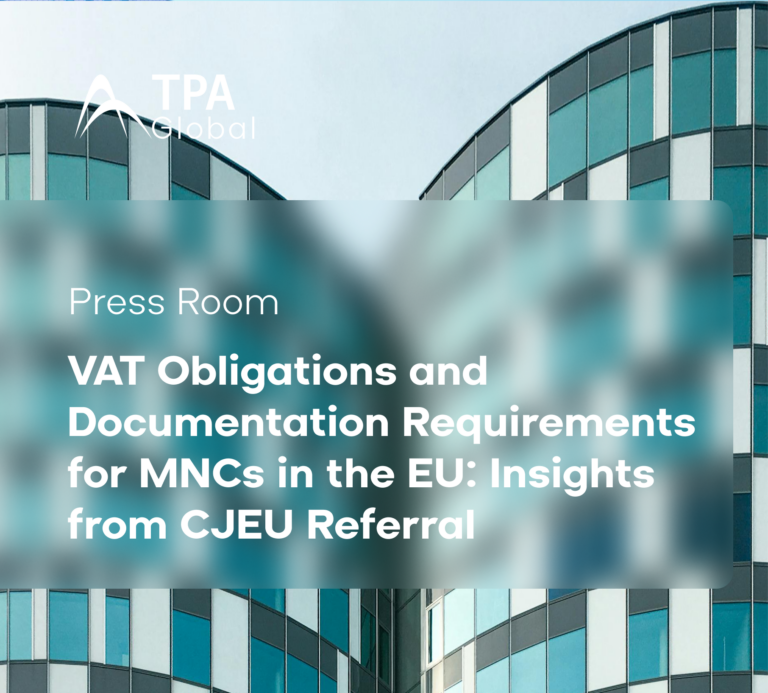Type: Legislation
As of March 1, 2024, e-invoice details are mandatory for B2B and export transactions with goods movements in India, aligning reporting standards to combat Goods & Services Tax fraud. The National Informatics Centre, managing the e-way portal, spearheads this initiative.
Since October 2020, India has enforced mandatory e-invoicing with live governmental reporting, gradually reducing the reporting threshold to ₹5 annually since August 1, 2023.
E-way bills for goods movement now require critical details, and GST registered businesses transporting goods over Rs. 50,000 must generate an e-way bill through the government’s portal.
Notably, B2C-related goods movements are exempt from the e-invoice details requirement on the e-way bill.
In December 2023, the Central Board of Indirect Taxes & Customs announced the extension of the existing B2B e-invoicing system to include B2C transactions by 2026 or 2027. Businesses with an annual turnover of ₹5 have been obligated to adopt the centralized e-invoicing regime since August 1, 2023.
Effective date: March 1, 2024



